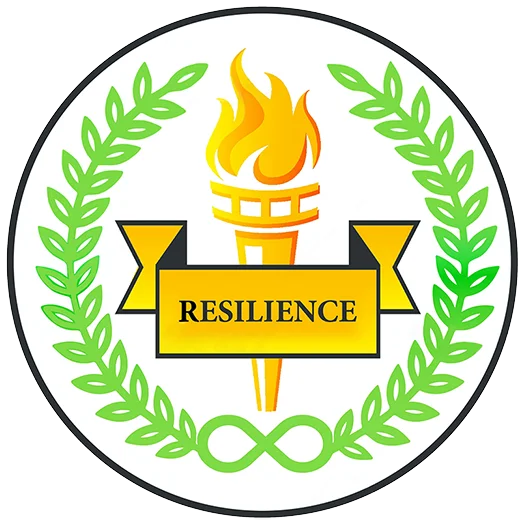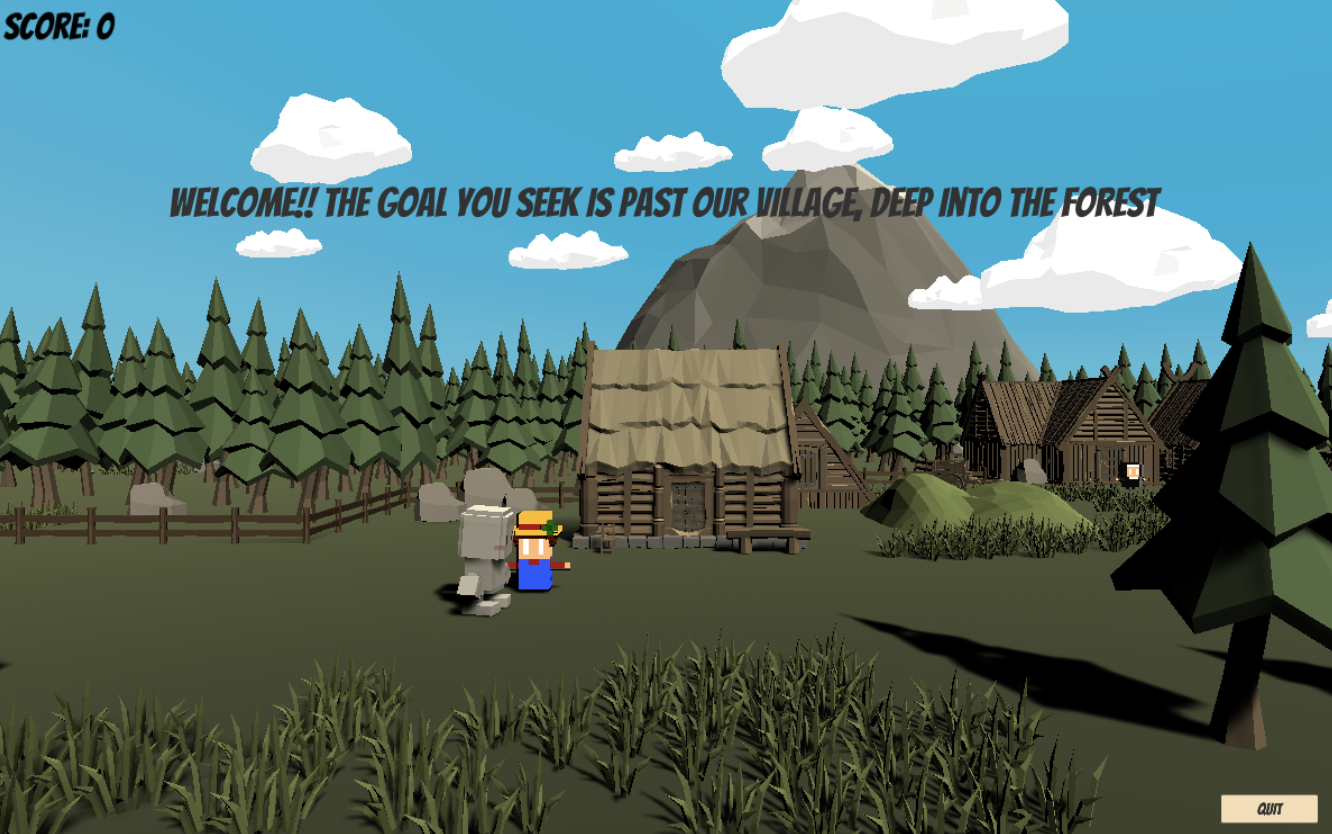Have you ever learned an important lesson while playing a video game? A lesson that stuck with you?
As most of us know, kids often play video games to pass the time and reduce stress. But can we use this activity to teach important life skills that will help students to develop into healthy, functioning adults? The short answer: Yes!
Video games can be effective for social and emotional learning, also known as SEL. Three main types of SEL games can typically be found: role playing, strategy, and sandbox. For role playing SEL games, players are immersed into a virtual world where they can interact with others from the perspective of their character. Role playing SEL games are especially useful for helping students learn how to put themselves in others’ shoes, which is important for establishing healthy relationships. Strategy games aim to help the player apply skills they have learned in order to complete a goal. Sandbox games provide the player with a high level of freedom to explore the game’s environment, while also encouraging them to apply their SEL skills.
The use of video games for SEL is still fairly new, but multiple benefits have already been appreciated by students who enjoy this mode of education. To provide some examples, SEL video games have been found to improve academic performance; improve self talk and, other SEL practices, and encourage healthy, cooperative behaviors. SEL video games have also been found to help improve mental health, which is especially important since feelings of depression have increased post-pandemic. SEL may potentially serve as a buffer for this rise in mental health challenges.
Using video games to learn SEL skills is particularly impactful for three main reasons. Firstly, it provides an interesting and popular learning mode for students, potentially motivating them to want to learn about SEL. Secondly, video games provide a safe space for students to learn how to apply SEL skills, especially emotional regulation. Games often evoke certain emotions. While playing, students have the opportunity to learn how to recognize their feelings and regulate their emotions in a healthy way. Lastly, SEL games provide a way for students to apply what they have learned. Furthermore, SEL games are most effective at teaching skills when paired with a discussion of what was learned and applied, bringing further reflection on the concepts.
We cannot end this discussion without mentioning that video games are not meant to replace real-life interactions, nor are they meant to be the only method for learning SEL skills. The PC games Resilience provides are meant to supplement the SELENA curriculum, providing a fun and interactive way to follow up and apply the lessons that have been learned. The lessons and the PC games are meant to work together to teach students the skills they can apply to their own lives.
With that being mentioned, are you game to try some of Resilience Inc.’s games? Below are a few of the games Resilience Inc. offers currently!
Dealing with Issue and Conflict


You are the village of Leefside’s only hope to deliver a magical potion to an elderly wizard! Use your conflict-resolution skills to get through the various obstacles and get the potion to the wizard safely.
Facing Procrastination


Timma is ready to start the weekend…but before they can enjoy it, their mom reminds them to do their chores first. Help Timma make good choices to fight through procrastination and get their chores done in time before their mom is back from work!
Facing Sadness


You wake up in a strange world, but before you can figure out where you are, you hear crying nearby. Work through the obstacles to help the residents of this unfamiliar world and find your way home!
Growth Mindset


Customize your ball and set your mind to making it through this obstacle course. Get as many stars as you can for each level and use what you’ve learned about growth and fixed mindsets to answer questions!
How to Prioritize

Mamma Mia! You’re working at a pizzeria and you’re responsible for making all the yummy pizzas! The toppings represent the various daily tasks you have to complete for the day and you need to put all these toppings in the right order according to your to-do list. Use your prioritization skills to expertly craft your pizzas and help the pizzeria succeed!
Facing Negativity


All hands on deck! An angry kraken has emerged from the ocean and is attacking your ship! Use your knowledge about confronting negativity and answer questions to soothe the kraken and reach your destination.
Self-Talk Jenga


Jenga with a twist! Each block you take out will be accompanied by a prompt, encouraging you to reflect and recognize the things you tell yourself. Feel free to play this by yourself or with others!
Sleep, Rest, Diet, and Exercise


You’re responsible for your plan for the day. Make good choices and complete everything you need to do without running out of energy!
State of Mind


A positive state of mind can help you get through your day! Try to make the best choices to have more positive interactions with others to boost your state of mind and successfully complete your day.
References
Cejudo, J., Losada, L., & Feltrero, R. (2020). Promoting social and emotional learning and subjective well-being: Impact of the “Aislados” Intervention Program in Adolescents. International Journal of Environmental Research and Public Health, 17(2), 609. https://doi.org/10.3390/ijerph17020609
Lim-Fei, V., Woo, H. M., & Lee, M. Y. (2016). Serious games to develop social and emotional learning in students. JCSG, 9894, 3–12. https://doi.org/10.1007/978-3-319-45841-0_1
Saunders, H., Panchal , N., Rudowitz, R., & Cox, C. (2023, March 20). The implications of COVID-19 for mental health and substance use. KFF. https://www.kff.org/coronavirus-covid-19/issue-brief/the-implications-of-covid-19-for-mental-health-and-substance-use/
Toh, W., & Kirschner, D. (2023). Developing social-emotional concepts for learning with video games. Computers & Education, 194, 104708. https://doi.org/10.1016/j.compedu.2022.104708
Walker, G., & Venker Weidenbenner, J. (2019). Social and emotional learning in the age of virtual play: Technology, empathy, and learning. Journal of Research in Innovative Teaching & Learning, 12(2), 116–132. https://doi.org/10.1108/jrit-03-2019-0046

